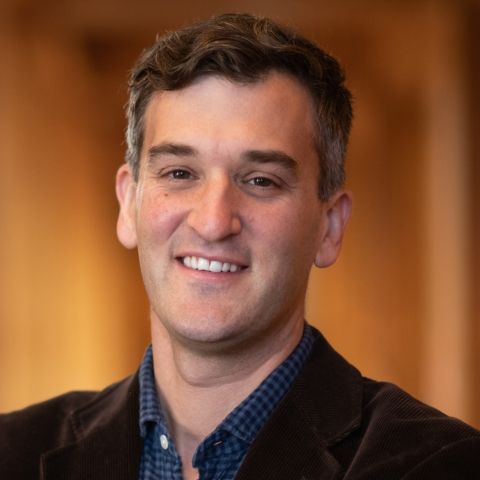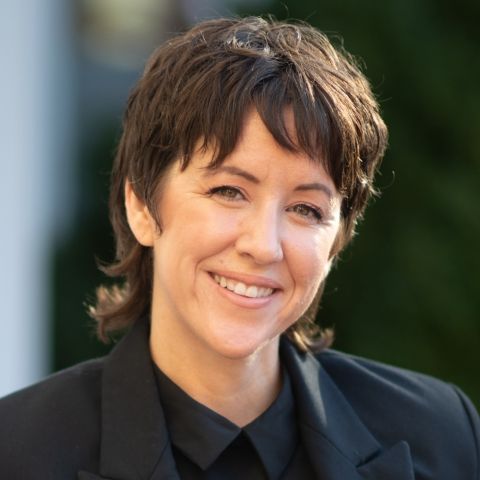

In Defense of Reentry: A Response to Shreya Subramani’s Productive Separations
Shreya Subramani’s Essay offers an incisive, critical, and sobering appraisal of the “reentry space” in New Orleans, Louisiana. She complicates our understanding of the boundaries between carceral spaces and the free market, and she recognizes (and indicts) the ways in which even “cutting edge” criminal justice reform efforts are both limited and extractive in important respects.
But our experience as legal practitioners in Louisiana makes us wary of embracing her critiques fully. One of us is the co-director of The First 72+, a holistic reentry services organization in New Orleans (largely led by formerly incarcerated people); the other is a former public defender in Orleans Parish, who has enthusiastically pleaded countless clients guilty so that they might participate in the Reentry Court that Subramani describes. We are thus both deeply implicated in the “proliferating network” that is the focus of the Essay, and our perspective should be treated with due skepticism.
That said, working in a jurisdiction that is just beginning to reconsider its addiction to mass incarceration, our firm conviction is that such experiments (however flawed) are desperately needed. While it is essential to remain cognizant of the “problematic deferral of racial justice [in] such reformist programs,” the extent to which projects like Reentry Court genuinely constitute an “emergent frontier of neoliberal racial capitalism” is overstated. It is not that we are sanguine about the promises of Reentry Court and kindred liberal projects promising racial equality through decarceration. But critical assessments of reform efforts must recognize the horrors of the status quo (and the local political realities that limit more ambitious reform efforts). Such context is essential in evaluating the work and impact of such programs, and the ways in which individuals and groups committed to dismantling the racialized carceral state should engage with them.